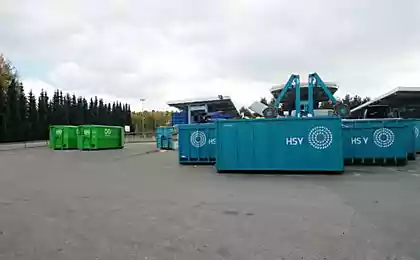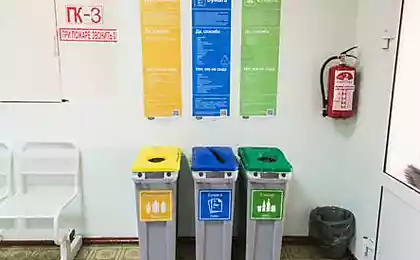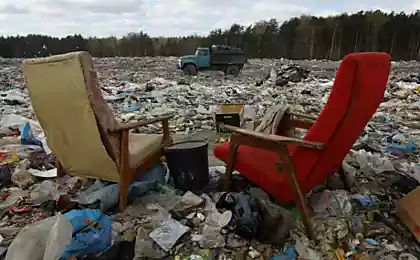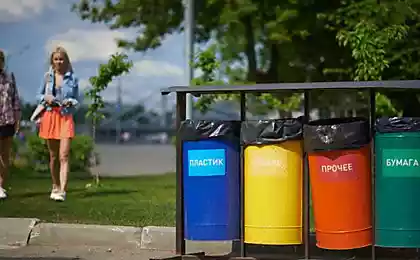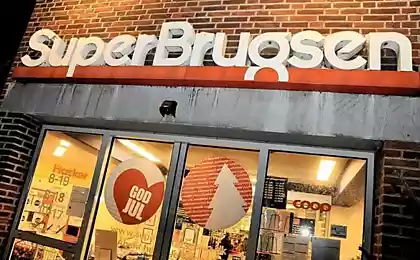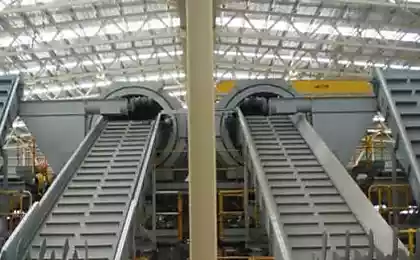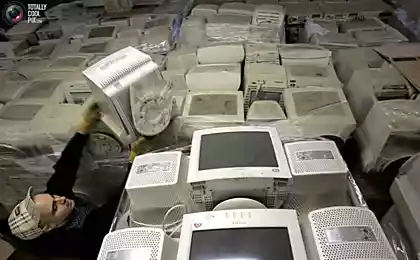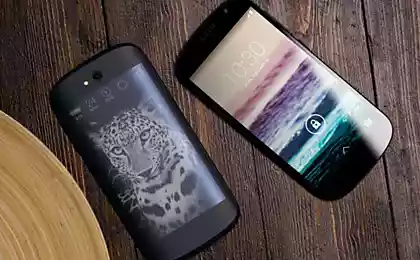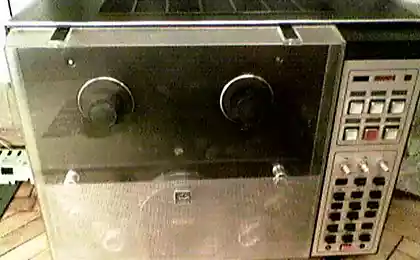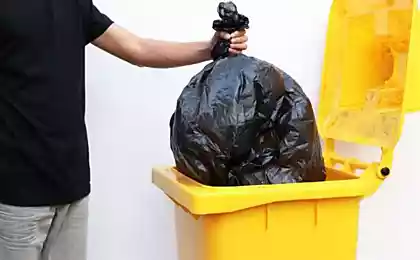455
Compostable electronics can alleviate the problem of electronic waste
Soon all of our obsolete gadgets can be composted, like banana peels and spent coffee.
Researchers from the Young Investigator Network (YIN), the society of young researchers of Karlsruhe Institute of Technology, the oldest technical higher educational institutions in Germany develop printed electronics from the natural and composted materials, which could help significantly reduce the millions of tons of e-waste accumulating around the world every year.
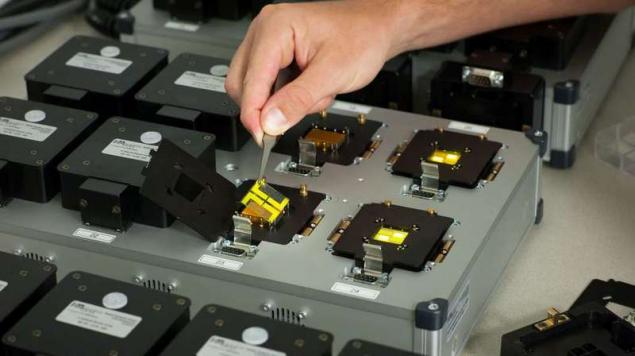
Instead of silicon, heavy metals and other elements that may a long time to stay in the nature and pollute it, creating the potential danger of poisoning by toxic substances, decomposing in landfills, researchers are working with biodegradable materials, including semiconductors and dyes created from plant extracts and cells isolated from gelatin.
"They may not be so durable as inorganic alternatives, but they can easily survive the life of disposable electronics," says Dr. Gerardo Hernandez-Sosa (Gerardo Hernandez-Sosa), the leader of the young researchers group of the Institute.
When the electronic device is no longer needed, then, in his words, the components can be easily disposed of as bio-waste or sent to a compost where they will rot like any other organic matter that decomposes. He notes, however, that some products with the word "organic" in its name, such as organic light emitting diodes (OLED) are not biodegradable in the same way.
"We call all synthetic materials, carbon-based "organic". But this term doesn't tell us anything about the compatibility with the environment", explains the scientist.
Instead of using metals or metalloids, such as silicon, the researchers are working with substrates made from natural materials such as starch and cellulose, like the recent work of the team in Wisconsin. Solid gelatin that is used for the production of capsules drugs can also be applied for insulation.
A key part of creating a fully biodegradable electronics will be the development of inks for printing circuits, which have all the necessary environmental and conductive properties, and will also be easily compatible with the printers.
The solution to this problem is the current main focus of the research group. Scientists hope that compostable organic electronics is ready to supply and will appear on store shelves within three years. published
P. S. And remember, only by changing their consumption — together we change the world! ©
Join us in Facebook and in Vkontakte, and we're Classmates
Source: www.facepla.net/the-news/tech-news-mnu/5185-компостируемая-электроника.html
Researchers from the Young Investigator Network (YIN), the society of young researchers of Karlsruhe Institute of Technology, the oldest technical higher educational institutions in Germany develop printed electronics from the natural and composted materials, which could help significantly reduce the millions of tons of e-waste accumulating around the world every year.

Instead of silicon, heavy metals and other elements that may a long time to stay in the nature and pollute it, creating the potential danger of poisoning by toxic substances, decomposing in landfills, researchers are working with biodegradable materials, including semiconductors and dyes created from plant extracts and cells isolated from gelatin.
"They may not be so durable as inorganic alternatives, but they can easily survive the life of disposable electronics," says Dr. Gerardo Hernandez-Sosa (Gerardo Hernandez-Sosa), the leader of the young researchers group of the Institute.
When the electronic device is no longer needed, then, in his words, the components can be easily disposed of as bio-waste or sent to a compost where they will rot like any other organic matter that decomposes. He notes, however, that some products with the word "organic" in its name, such as organic light emitting diodes (OLED) are not biodegradable in the same way.
"We call all synthetic materials, carbon-based "organic". But this term doesn't tell us anything about the compatibility with the environment", explains the scientist.
Instead of using metals or metalloids, such as silicon, the researchers are working with substrates made from natural materials such as starch and cellulose, like the recent work of the team in Wisconsin. Solid gelatin that is used for the production of capsules drugs can also be applied for insulation.
A key part of creating a fully biodegradable electronics will be the development of inks for printing circuits, which have all the necessary environmental and conductive properties, and will also be easily compatible with the printers.
The solution to this problem is the current main focus of the research group. Scientists hope that compostable organic electronics is ready to supply and will appear on store shelves within three years. published
P. S. And remember, only by changing their consumption — together we change the world! ©
Join us in Facebook and in Vkontakte, and we're Classmates
Source: www.facepla.net/the-news/tech-news-mnu/5185-компостируемая-электроника.html
